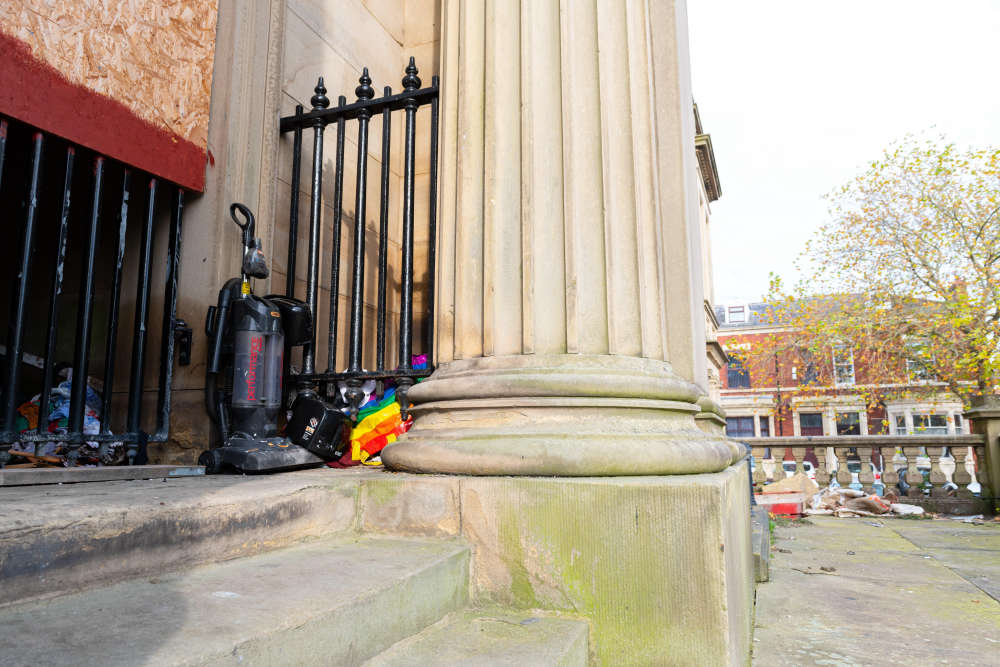
Concerns have been raised over the security of one of Preston’s most significant historical buildings after it was struck by vandals and fly-tippers.
The Harris Institute, on Avenham Lane, has been left strewn with rubbish and has seen some of its surrounding paving flags smashed.
The disused Grade II-listed building has also been spotted with its front door wide open, seemingly giving unfettered access to all comers – although its owner insists that was only during visits being carried out by contractors.
The Local Democracy Reporting Service (LDRS) understands officials from Preston City Council’s housing standards and building control departments visited the site on Friday after a report from its outreach team – and the door was secured by the end of the day.
The vandalism has sparked calls for a speedy decision over a planning application that seeks to bring the 175-year-old heritage asset back into use – after a decade of dereliction – as an art gallery, conference centre and co-working space.
The blueprint – which includes the conversion of the neighbouring Regent House building into nine holiday lets – was lodged with Preston City Council back in June. The LDRS can reveal the proposal will be considered at a meeting of the authority’s planning committee in December. It is understood the process has involved discussion with Historic England, which had already placed the building on its at-risk register.
For John Turner, chair of the Friends of the Harris School of Art, certainty over the future of the site cannot come soon enough.
“The longer they leave it, the worse it’s going to get. If there is someone there with the money to invest, then let them get on with it,” he said.
The one-time art school, which was operated by the University Of Central Lancashire for a time, was last in use as the Darul Aloom Islamic Institution before being vacated in 2014. It is now controlled by Bolton-based Harris Investment Group Limited, the firm behind the conversion plans.
Company director Peter Wu said of the damage done to – and the detritus left at – the property: “We carry out routine checks on the building and have inspected the damaged paving stone and can confirm this does not allow access into the building.
“The front door would have been seen open due to authorised surveyors and contractors going to and from the building.
“We are eagerly awaiting the approval of our planning application and to start works to restore the Harris Institute back to its former glory.”
The latest security fears come almost two years after unauthorised access – gained under a previous ownership – enabled the building to be turned into a cannabis farm.
PRESERVING THE PAST
Arson poses an ever-present threat to vacant and historically important properties, a concern heightened in Preston after a spate of city centre fires in recent years, including at St. Joseph’s Orphanage and the former Odeon cinema.
The risk of a similar fate befalling the iconic Park Hotel in Miller Park prompted Preston City Council this month to waive a claim on a potential future cash contribution for affordable housing in order remove a barrier to the restoration of the building as part of a new apartment development.
In the wake of this week’s incident at the Harris Institute, the authority said it is doing all it can to protect a range of heritage assets in the city.
A spokesperson told the LDRS: “The council is in regular contact with the building owners to ensure that buildings are safe and not open to access – and to protect those of heritage value, including listed buildings.
“Vandalism and antisocial behaviour is common around these buildings and a multi-departmental and agency approach is taken, including liaison with the police. We have taken enforcement action where necessary and deal promptly with any urgent issues, like the one highlighted in Avenham.
“The long-term solution is to see these buildings put back into productive use, but there are major viability issues, which prevent this from happening. We are working with a number of developers to help them bring plans forward and have recently granted planning permission on two of them. We are confident these will be delivered, but they take time.
“There are some excellent examples of listed buildings in the Winckley Square area which have been converted by the private sector for high-quality residential and commercial use and the City Living Strategy has had a significant positive impact, attracting investment and sensitive restoration.”



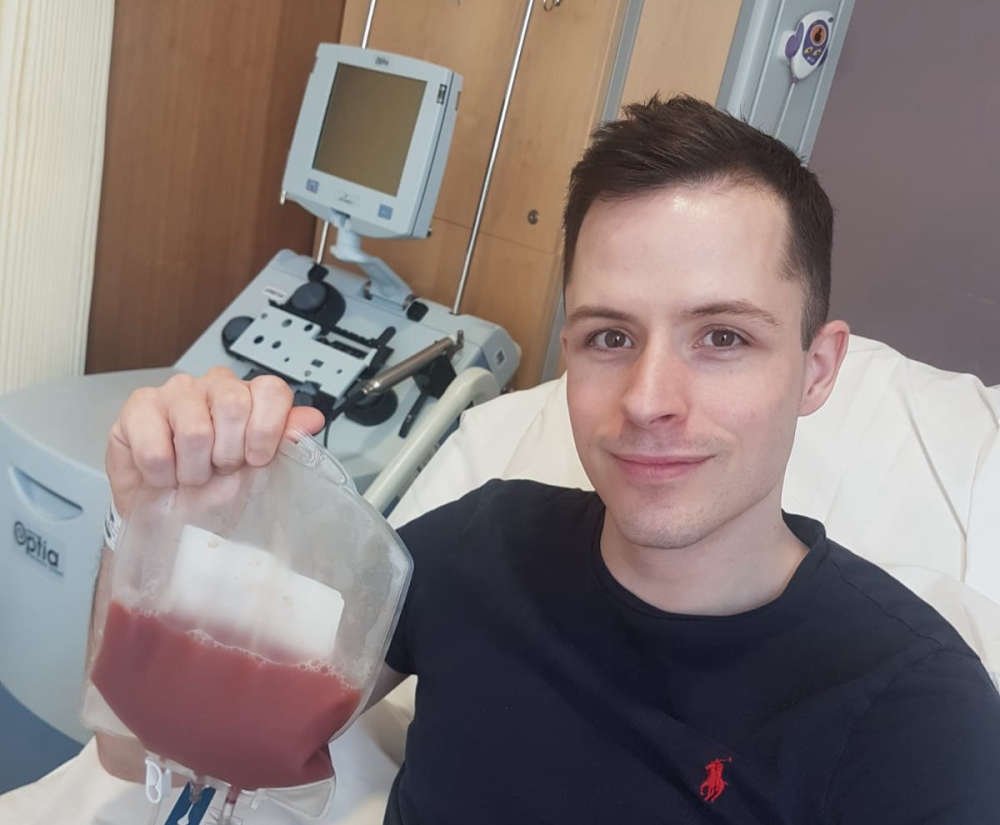 Chorley stem cell donor who saved a stranger’s life urges others to join the register
Chorley stem cell donor who saved a stranger’s life urges others to join the register
 Motorcyclist dies after collision in Chorley
Motorcyclist dies after collision in Chorley
 Man jailed for attempting to kill police officer at Preston station
Man jailed for attempting to kill police officer at Preston station
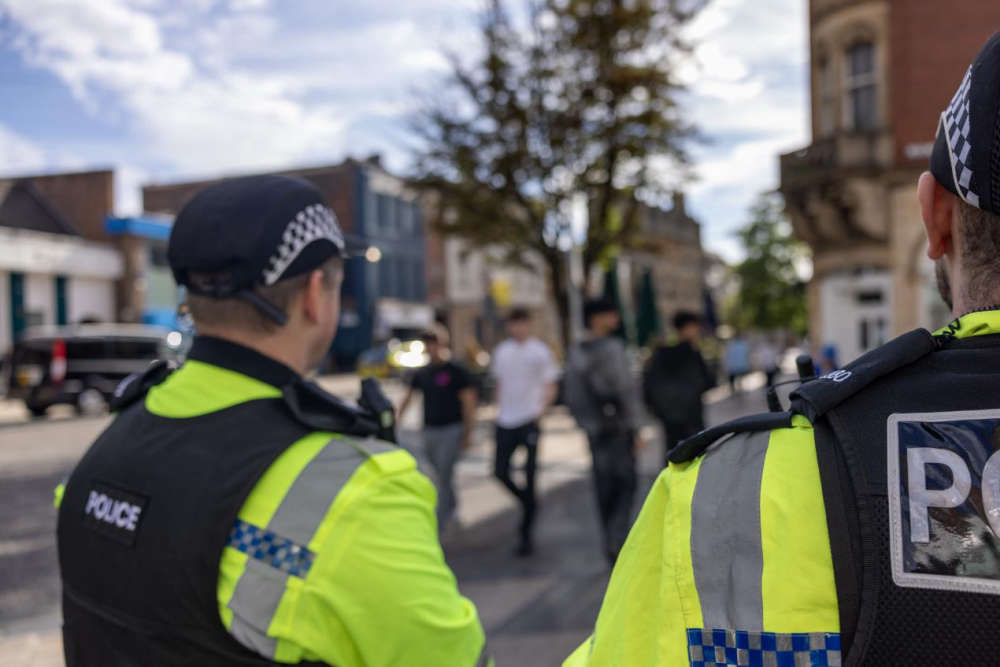 Intensive day of action tackles community issues in Preston City Centre
Intensive day of action tackles community issues in Preston City Centre
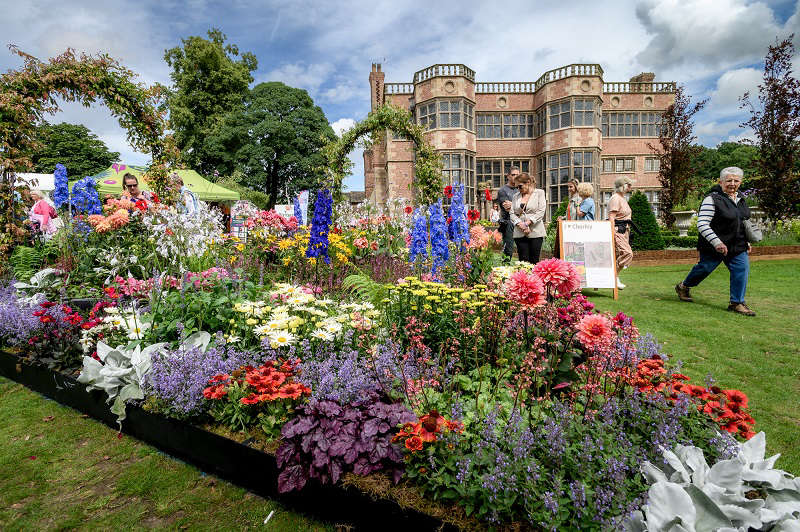 Get your green fingers on early bird tickets for Chorley Flower Show
Get your green fingers on early bird tickets for Chorley Flower Show
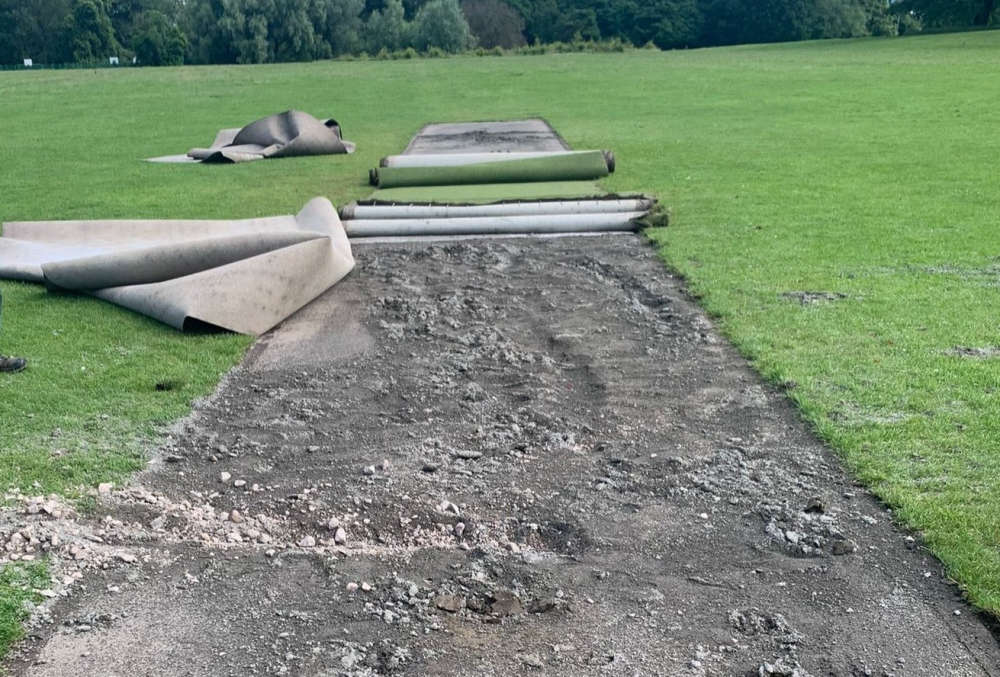 Cricket pitch funding approved
Cricket pitch funding approved
 Concern for missing Preston man also wanted on recall to prison
Concern for missing Preston man also wanted on recall to prison
 Rebrand for 19,000 home social landlord includes controversial name change
Rebrand for 19,000 home social landlord includes controversial name change




